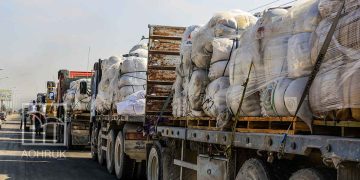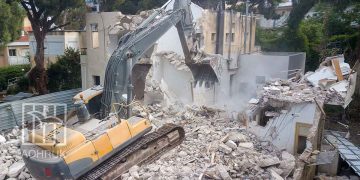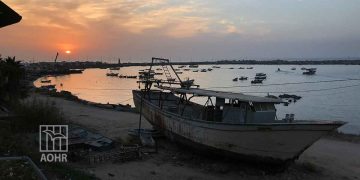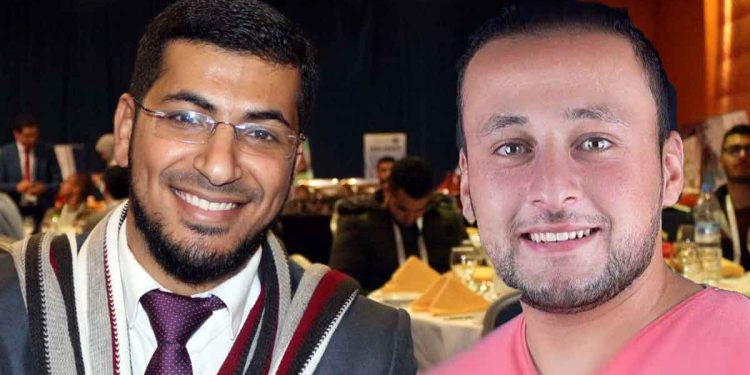Engineer Mohammad Saleh has entered his third day of an open hunger strike inside prison, while his colleague, engineer Ayman Ajjawi, was forced to suspend his strike due to the serious deterioration of his health after recently undergoing surgery. He remains in recovery. The Defense Committee issued a statement about their cases.
This protest action comes after more than 60 days of delays in issuing a verdict, as both men await judgment following a postponed court session. Concerns have grown that their cases may be linked to other politically motivated prosecutions, with charges framed in vague terms under titles like “Cybercrime Case 2” or “Terrorism Training,” despite the absence of any real evidence.
The repeated postponements in delivering a verdict constitute a clear violation of the defendants’ right to a fair and prompt trial as guaranteed by the Jordanian constitution and international human rights standards.
Fears have intensified over the health of Ayman Ajjawi, who was transferred just days ago from al-Bashir Hospital back to prison under fragile conditions that worsened his recovery. His family has been denied regular visits to check on him directly. In response, Mohammad Saleh announced his open hunger strike to protest the ongoing denial of basic legal rights and the prolonged delays in resolving their case.
These incidents are not isolated. Engineer Dhaham al-Hamshoush also required hospitalization after falling into a coma caused by his prolonged hunger strike and subsequent blood loss.
Together, these cases highlight the grave risks posed by the authorities’ continued disregard for the humanitarian demands of detainees, confirming that their lives are exposed to imminent danger.
The hunger strike by engineers Ayman Ajjawi and Mohammad Saleh is nothing more than a peaceful means of asserting their legitimate rights to a fair trial, free from media exploitation, political targeting, or violations of their dignity and constitutional guarantees. The ongoing detention of both men without resolution of their case leaves the authorities directly responsible for any health deterioration that may threaten their lives. Their immediate release or fair adjudication in accordance with the law is an urgent requirement that cannot be delayed.


























